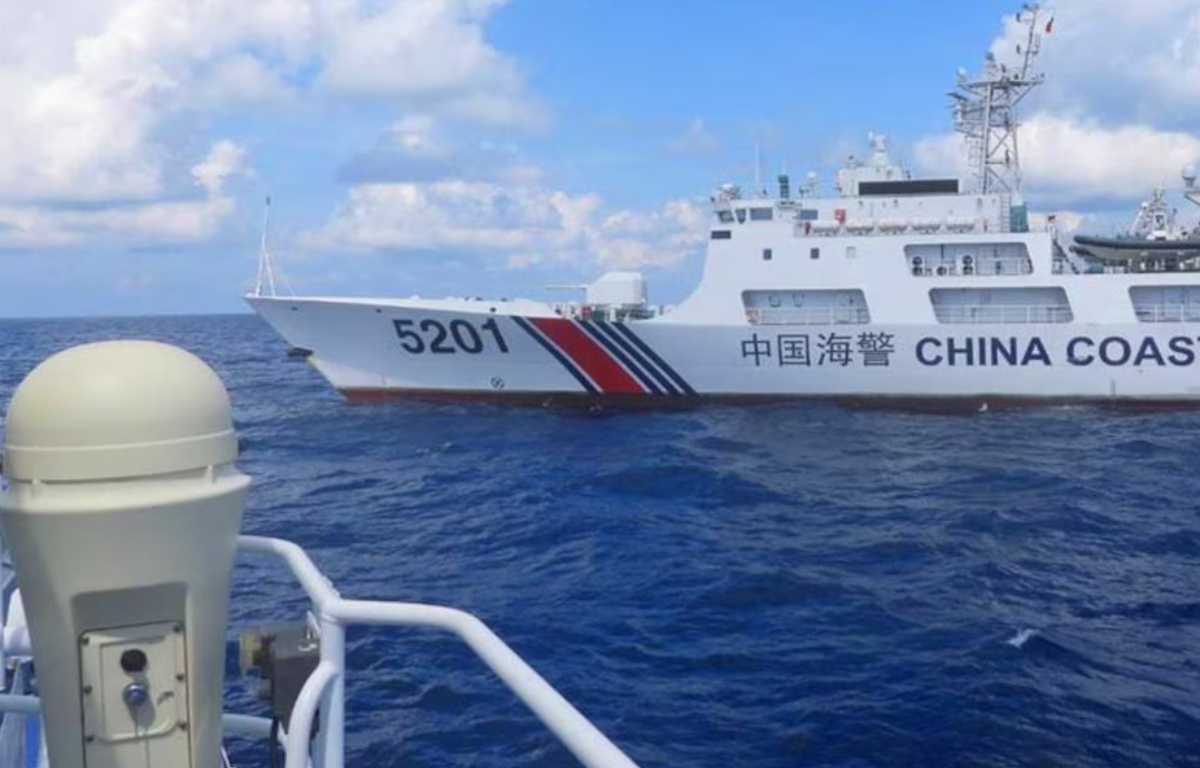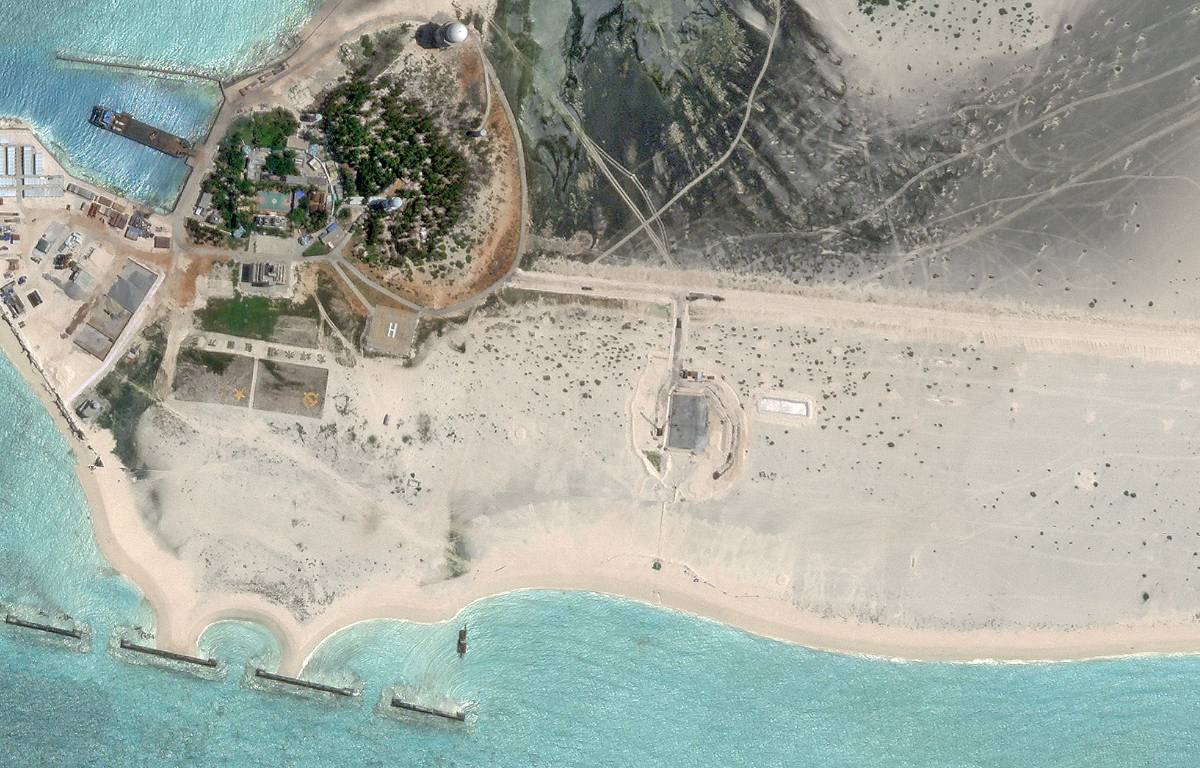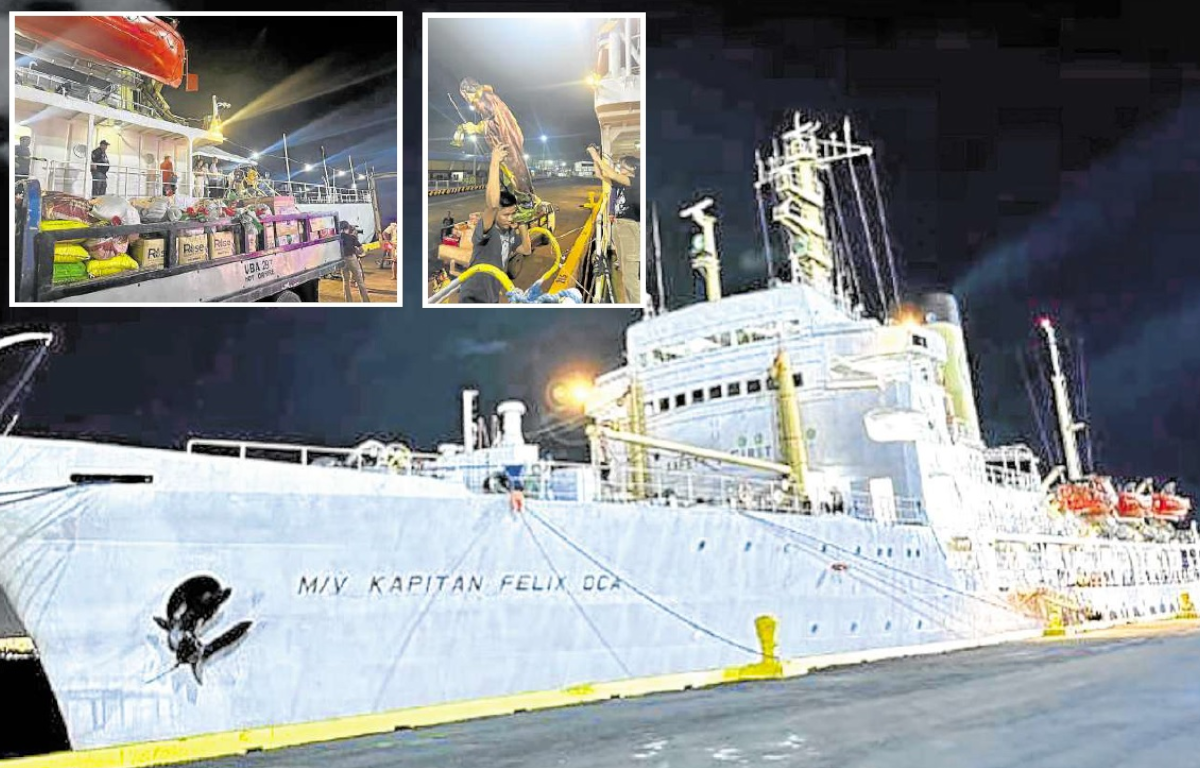
The South China Sea, spanning approximately 3.5 million square kilometers, is known for its vast natural resources, rich marine biodiversity, and strategic location for international trade. China, the Philippines, Vietnam, Malaysia, Brunei, and Taiwan each claim different portions of this sea, leading to a longstanding dispute over territorial sovereignty and maritime rights.
China, asserting historical claims, has been particularly aggressive in its territorial expansion efforts, constructing artificial islands, military facilities, and coast guard bases in the region. This expansionism has raised alarms among neighboring nations and has prompted diplomatic and strategic responses from the international community.
Against this backdrop, a significant incident unfolded involving Philippine supply boats that defied a China Coast Guard blockade near Scarborough Shoal, an area claimed by both the Philippines and China. The supply boats, loaded with essential goods and humanitarian aid, sought to reach Filipino fishermen who had been facing increasing challenges accessing traditional fishing grounds due to China’s assertive actions.
The bold move by the Philippines demonstrated the country’s determination to protect its sovereign rights and support its citizens. It also underscored the Philippines’ intent to challenge China’s aggressive maritime policies that have limited access to vital resources for the local fishing communities.
The breach of the China Coast Guard blockade has attracted global attention and triggered varied responses from different quarters. The incident has amplified concerns about China’s expanding influence and raised questions about the potential for conflict escalation in the South China Sea.
Nations with interests in the region, including the United States and Japan, have expressed support for the Philippines while reiterating the importance of upholding international maritime laws and the freedom of navigation. The incident has further prompted calls for peaceful negotiations, multilateral dialogues, and adherence to the United Nations Convention on the Law of the Sea (UNCLOS).
The Philippine supply boat incident emphasizes the urgency of finding peaceful resolutions to the South China Sea dispute. Diplomacy, dialogue, and adherence to international laws are pivotal in addressing the complexities of overlapping territorial claims and competing economic and security interests.
The incident also underscores the significance of regional cooperation mechanisms like the ASEAN (Association of Southeast Asian Nations) to foster mutual understanding, trust, and stability. Engaging in constructive dialogues and adhering to negotiated agreements is essential for managing potential conflicts and ensuring the sustainable use of the South China Sea’s resources.
The breach of the China Coast Guard blockade by Philippine supply boats serves as a potent reminder of the intricate dynamics at play in the South China Sea. As nations navigate these challenging waters, the incident underscores the need for diplomacy, respect for international laws, and the pursuit of peaceful solutions. Ultimately, it is through collaboration and understanding that the region can move towards a more secure and stable future for all stakeholders involved.










Share this: